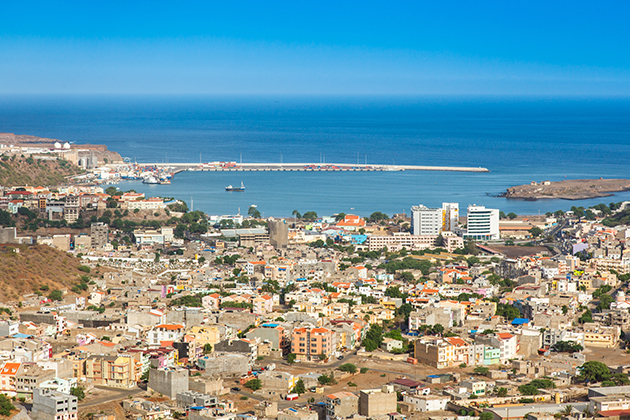When World Water Day was first celebrated 30 years ago, the human right to water had not yet been declared by the United Nations (UN). At the time, there wasn’t global consensus around the ambition to ensure that everyone on the planet has access to safe and affordable drinking water. It’s hard to say exactly how much progress we’ve made since that first World Water Day, because the global community didn’t organize systematic tracking of key indicators until the Millennium Development Goals were adopted in 2000. Over the past 23 years, an estimated 2 billion people have gained access to safely managed water. Nonetheless, almost as many people—roughly a quarter of the world’s population—must still collect water off the premises of their home, and one in 10 people globally rely on unprotected water sources or have to walk more than 30 minutes roundtrip to their source. We must “accelerate change,” to echo this year’s World Water Day theme. And we will need to use data and evidence to do so.
As a principal researcher at Mathematica, accelerating change is what I strive to do. The UN’s Global Acceleration Framework for Sustainable Development Goal 6 (SDG 6) (“ensure availability and sustainable management of water and sanitation for all”) identifies data and information as one of five key accelerators, but data and information underpin the other four as well. Financing, capacity development, innovation, and governance can all be more effective when decisions are based on evidence and when learnings are shared and used to inform policy and program improvements. Generating, analyzing, interpreting, and disseminating data and information are at the heart of what we do.
Across our portfolio of water-related projects—including evaluations of investments in piped water infrastructure and technical assistance to utilities; water, sanitation, and hygiene (WASH) facilities in schools; irrigation infrastructure and capacity building for water user associations; and funding mechanisms for innovative technology and business models—we try to go deeper than just measuring changes in outputs or outcomes, though sometimes that in itself is quite a feat! To better understand the “why” and the “how” that can help service providers, implementers, policy makers, civil society, and funders reach their goals more reliably and faster in the future, we often use qualitative methods to uncover richer and more action-oriented insights than summary statistics or even quantitative impact estimates can provide.
For example, our recently completed evaluation of the Millennium Challenge Corporation’s (MCC) WASH project in Cabo Verde identified factors that, once addressed, resulted in an increase in the coverage of the piped water network on the island of Santiago, where half the country’s population lives. Specifically, the share of the population that is connected to the piped water network has expanded from 46 percent to 66 percent in just 10 years. By building on learnings from past experiences, MCC and the government of Cabo Verde were able to design a combination of policy reforms and infrastructure investments that incentivized the island’s diverse municipalities to consolidate their water departments into a single corporatized, multi-municipal utility.
The new company has shown improvement on a number of operational key performance indicators and customer satisfaction ratings also increased. Recognizing that disadvantaged households would need financial assistance to be able to afford to get connected, the project included a subsidy program which became a template for a related program rolled out by the government last year. Based on the positive outcomes of the corporatization process, the regulatory agency is now working with municipalities on two of the country’s other major islands to restructure municipal water departments into more efficient corporate utilities. These successes are particularly important in a country that is becoming increasingly reliant on desalination for its water supply, and where residents pay three times as much for water as in the rest of Africa.
I love knowing that my work is helping the government, water utility, and civil society in Cabo Verde assess and refine policies and programs that will contribute to progress toward SDG6. But to accelerate change, we will need to find ways to ensure that the wealth of evidence and learnings generated by the research community is translated into practical next steps for an even wider audience. To this end, The Lancet has commissioned a group of experts, of which I’m proud to be a member, to “reimagine and reconstitute WASH not only as a central pillar of public health, but also as a pathway to gender equality and social and environmental justice.” It’s quite a task to synthesize and distill the current body of knowledge on how safer, more accessible, and more affordable drinking water can improve health, and how governments, utilities, regulators, civil society, and funders can improve service delivery. Luckily, like the other commissioners, I am passionate about this work of using data and information to accelerate change.



